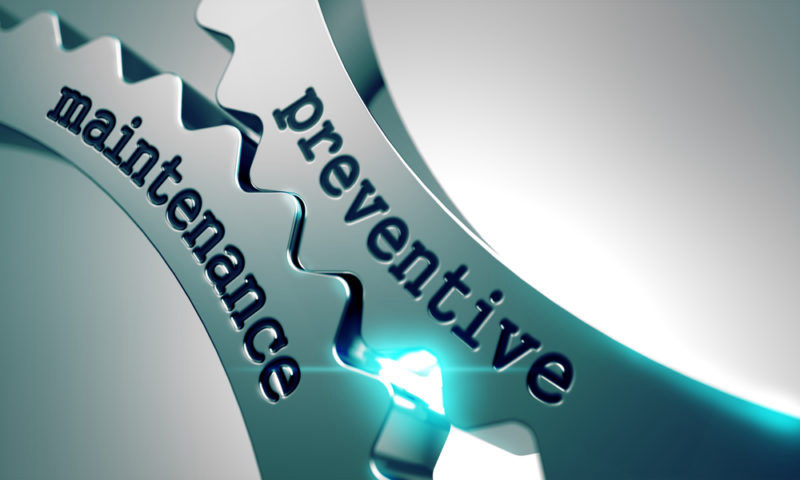PREVENTATIVE MAINTENANCE
Jan-Tex offers a variety of Preventative Maintenance options designed to meet our customer needs. With a Preventative Maintenance program, our technician can perform regular machine maintenance as often as necessary repairs are needed at the customer’s convenience. The type and frequency of maintenance will vary depending on the cleaning environment and how heavily the floor care equipment is used. A variety of Planned Maintenance programs are available to provide the appropriate level of service for our customers. Jan-Tex recommends preventative maintenance to keep machines running at peak performance and to extend their useful lifE.
• Minimize or Eliminate down Time
• Prevent Major Failures before they Develop
• Inspect & Service at Your Facility or Ours
• Monthly, Bi-monthly & Quarterly Inspections of your choice
Call us to discuss your custom preventative maintenance program, designed specifically for our customers

